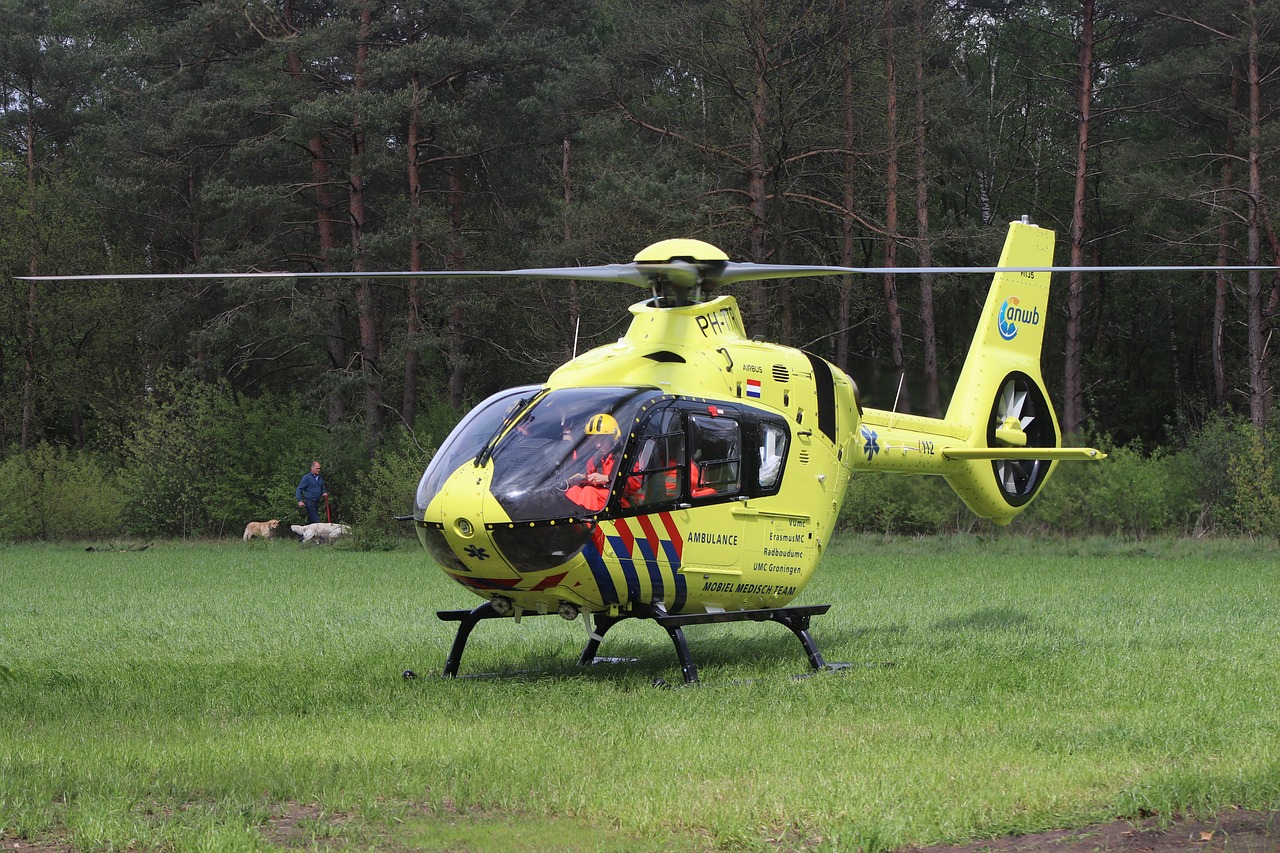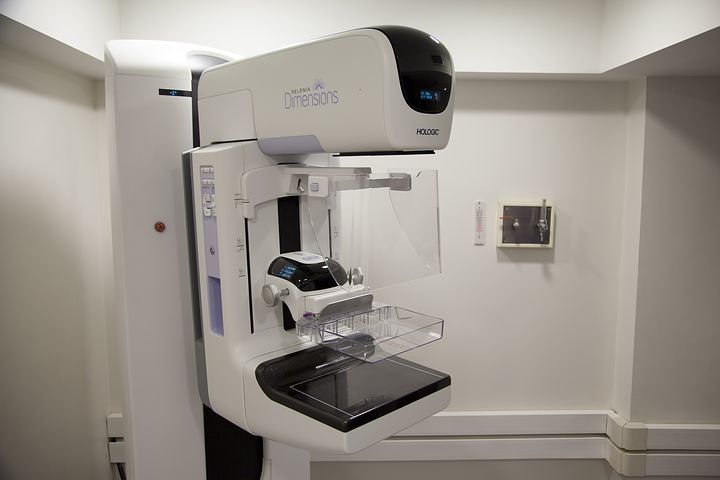
In such a short time, a matter of weeks, the tenor of the radiologist job market has changed dramatically. Jobs in radiology were bountiful up until the beginning of March. Then, suddenly, elective procedures trickled down to almost nothing. And, practices began to fire their locum’s workers and furlough many part-time and full-time employees. But, this status will eventually end. And, the radiology job market will change and then establish a new baseline. But, what will that new baseline be? Can new graduates look forward to a booming job market once again? Well, let me give you a summary of what I think will happen as Covid-19 begins to wind down.
From Now To Three Months From Now
As we see a slight ramp up in elective studies, we will not yet see a brisk demand for radiologists. We will still have significantly fewer procedures, as many folks do not want to go to an imaging center for fear of contagion. However, many “elective” interventions, such as colon surgery for previously detected masses on colonoscopy, will need to begin again. But, don’t count on seeing many practices hiring just yet. Most practices will be more than adequately staffed during this time for the number of studies. Hiring freezes will remain.
Remember. You will continue to see advertisements for radiologists, but practices paid for these previous to the pandemic. These advertisements do not represent the current state of the job market!
Up To A Year From Now
Here, I will have to make a few more assumptions. But, I will postulate that a widely available vaccine is not yet available. And, I will conjecture that we have more widespread antibody testing (unlike now). Based on these premises, we will see more folks willing to come out to get their studies, especially those that tested positive for the antibody. However, fear will still prevent a lot of patients from getting the elective imaging that they want as not everyone will feel comfortable returning to hospitals and imaging centers. So, the patient load will not be back to the baseline. And, many practices will still be overstaffed based on the pre-Covid demand. Therefore, new hires will have fewer job choices with lower salaries. Prospective new hires will face a tight job market.
The New Baseline Post- Covid Era Radiologist Job Market
The further you go out, of course, my predictions will become less accurate. And, we will assume that Covid infections go away from vaccinations and herd immunity. But, having seen other cycles, I believe that we will see several changes from the pre-Covid world. First of all, many patients will likely still be reluctant to return to imaging. Why? Unemployment will be much higher than what it once was before the pandemic.
Additionally, we will see a cultural shift of less imaging than before the crisis. Patients will more likely demand higher standards for cleanliness and sterilization. And, therefore, we may see fewer radiology procedures than in the pre-Covid world.
Also, many practices will have augmented their home teleradiology capabilities. So, reading efficiency will have increased dramatically.
Then, to add insult to injury, private equity firms and corporate radiology have become more significant players in the radiology space. These firms, formerly offering enticing salaries to new graduates, will now significantly lower the wages of new hires. Furthermore, we will see a decline in the salary of the contracts of the old hires since these firms renew these contracts on an annual basis. Why will this happen? Because profits rule their bottom line, and corporate radiology can cut with impunity. Corporate radiology will work radiologists to maximal efficiency, skimming any gains that they can from their radiologists. They will have no incentive to hire.
Finally, if we assume that the stock market remains lower than it was before March 2020, many prospective retirees will not retire. Why pack it in when your portfolio remains much less than what you planned at the time of retirement?
Between all these significant factors, the radiologist job market will not return to the pre-Covid era baseline. Instead, the market will most likely be more similar to the world five to ten years ago when good jobs were harder to come by.
What Are The Chances That I Am Wrong?
Of course, I can be wrong. However, I see the winds of change ahead based on what has happened in previous cycles. So, for those folks that are graduating soon, don’t expect the same radiology job market as the recent past. You will most likely have to work much harder to get the same position at a lower wage.
So my recommendations for you, as for years prior, take your training and residency seriously. Be competitive. Step out of your comfort zone. Aggressively take charge of your education to become well versed in all areas of radiology. And, finally, expect to practice in locations and subspecialties that are not your primary area of interest. Although not for forever, we will see a return to a world more similar to the previous down cycle of the radiology job market. For those of you soon to find jobs, prepare accordingly!
















